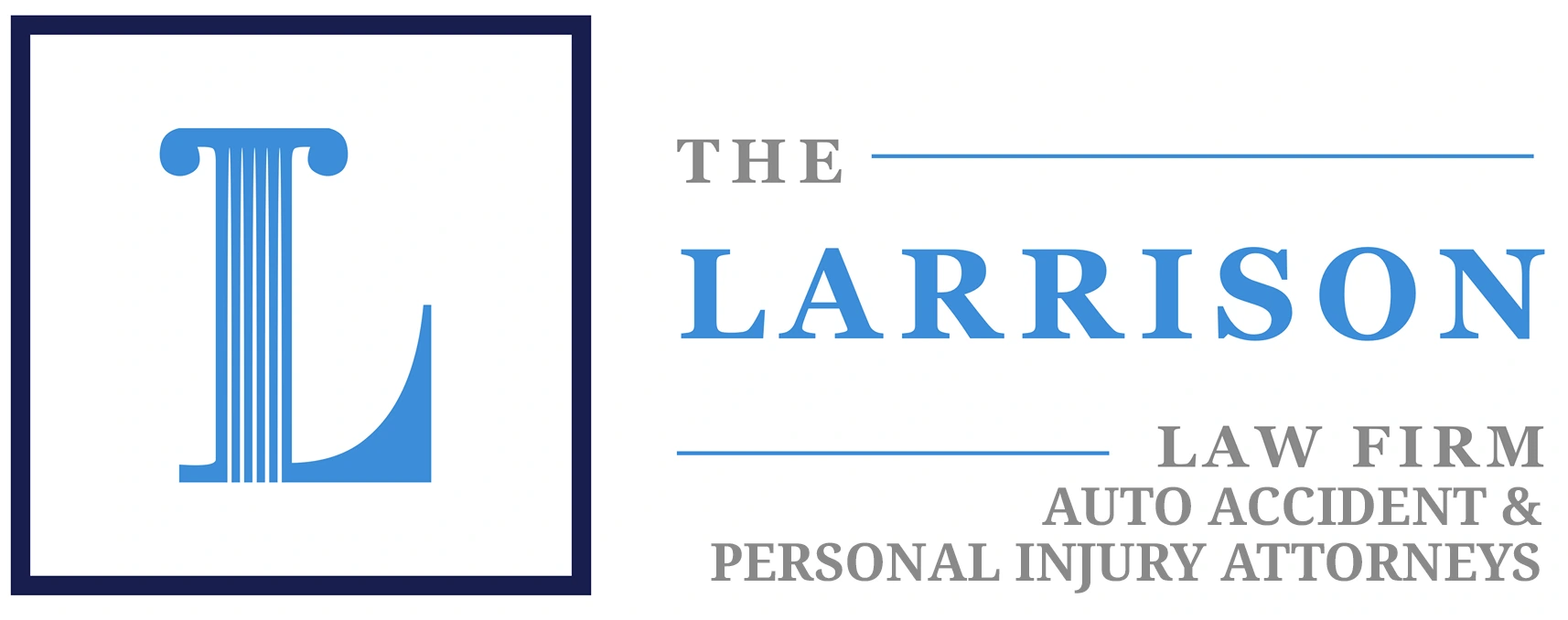Accidents cause injuries every day in Georgia. When someone else causes your injury, you have a right to seek compensation for your damages. In many accidents, more than one party shares fault. These situations are so common that every state has laws in place that govern shared fault in personal injury cases.
Can you still receive compensation if you are partially responsible for your accident? Maybe — the answer differs on a case-by-case basis, subject to Georgia contributory negligence rules. An experienced attorney can help you understand this confusing concept and protect your right to fair compensation.
What Is Georgia’s Contributory Negligence Law?
Georgia follows modified comparative negligence rules with a 50% bar for personal injury claims. In Georgia, you can seek compensation in personal injury cases if you are less than 50% responsible for causing your accident and resulting injuries. If your assigned percentage of fault is 50% or higher, you cannot seek compensation.
The U.S. has four kinds of fault systems, using pure comparative or contributory negligence rules or modified comparative fault with 50% or 51% bars. Each system governs a person’s eligibility to seek compensation and the amounts they might receive. You must adhere to the laws in the state where your accident happens, not necessarily where you live.
Even if you are eligible to seek compensation from other at-fault parties, your own degree of fault impacts your claim in another way. Expect your percentage of fault to reduce the amount of your payout.
What Is Negligence?
In legal matters, negligence is failing to act as a reasonable person would in the same situation. Establishing negligence is a critical part of most personal injury claims, not solely car accidents. In various circumstances, people have a duty of care to take reasonable precautions to avoid harming others.
It is not enough to say that someone else caused your accident. You need evidence proving that:
- Someone owed you a duty of care.
- That party breached their duty of care.
- You sustained injuries.
- Your injuries and associated losses are direct results of the breach.
Many personal injury cases require in-depth investigations to find the evidence necessary to prove negligence.
While a few people might have the resources and know-how to investigate accidents, most do not. Your personal injury attorney can handle investigations for you.
What Is a Personal Injury Claim?
If you can prove someone else’s negligence in causing your Georgia accident and resulting losses, you may have a valid personal injury claim. This is true even if you are partially responsible for causing the accident, subject to Georgia contributory negligence laws.
Common kinds of personal injury claims include:
- Car, truck, motorcycle, and other types of motor vehicle and pedestrian accidents
- Dog bites
- Medical malpractice, including nursing home abuse
- Slip and fall accidents and other types of premises liability incidents
- Wrongful death
This list is by no means complete. If you think your situation qualifies, contact The Larrison Law Firm to request a free case evaluation. We will discuss your accident, provide information about contributory negligence in Georgia and your legal options, and tell you how we can help.
What Is Georgia’s Assumption of Risk Doctrine?
In Georgia personal injury cases, the defendant has to prove that you contributed to causing your injuries. The assumption of risk doctrine includes three elements, and all must be true for this doctrine to apply.
The plaintiff (you) must be fully aware of the dangers, you must fully understand the risks, and you must voluntarily put yourself at risk. Ask your attorney to explain how this doctrine applies to your specific case.
Who Assigns Fault?
Your eligibility for compensation rests on your assigned percentage of fault under Georgia contributory negligence statutes, but who determines that percentage? Insurance companies, attorneys, and the court can all assign fault.
It is vital that your fault assignment is fair because it directly impacts your claim. Opposing insurance companies and attorneys often try to inflate your percentage of fault to minimize your payout or disqualify you from being eligible to file a claim.
Most personal injury cases start by filing insurance claims. Each insurance company evaluates available evidence, which may include police reports, eyewitness statements, photos and videos of the accident scene, medical records, and investigation results. They then assign a percentage of fault to each party involved to indicate their degree of blame.
Liable insurance companies often make intentionally low settlement offers or deny claims outright. When these companies are unreasonable, you can file a personal injury case in court. At that point, the judge or jury will assess fault.
Did you know you don’t have to accept the first offer from an insurance company? You can negotiate for a higher payout. However, we advise hiring a competent personal injury lawyer to handle your claim.
Attorneys know the applicable laws, including how Georgia contributory negligence applies to your case. We also have the experience and resources to investigate your claim and find the evidence you need to support your claim. We know how insurance companies operate, and we will not let them take advantage of you.
How Can You Limit Your Liability?
Although their representatives might seem friendly, insurance companies are not on your side. Their goal is to pay you as little as possible for your claim. While you cannot change what already happened, there are several things you can do after your personal injury accident to protect your best interests:
- Never admit fault to anyone; don’t say, “I’m sorry.” Insurers can use anything you say as an admission of fault that will damage your claim. Remember that Georgia contributory negligence will not allow you to seek compensation if you are 50% or more at fault.
- Gather on-the-scene evidence by taking photos and recording videos of the accident site, your injuries, anything that contributed to causing your accident, eyewitnesses, and any other pertinent details.
- Do not sign paperwork or speak to insurance company representatives without your attorney’s input. Your attorney will handle all communications to help ensure the integrity of your claim.
- Do not cease recommended medical treatments until your physician releases you. Discontinuing treatments can imply that your injuries aren’t as serious as you claim.
- Avoid posting on social media during the claims process. Photos and text-based posts can serve as evidence against you.
There is no legal requirement to hire an attorney for a personal injury claim. However, most people who have legal representation receive substantially more compensation than those who handle their own cases.
Why Should You Choose The Larrison Law Firm?
We have decades of experience successfully handling a wide variety of personal injury claims in Georgia. We know how to overcome the challenges associated with Georgia contributory negligence laws, and we will work toward helping you obtain a favorable outcome for your claim. Contact The Larrison Law Firm today.




